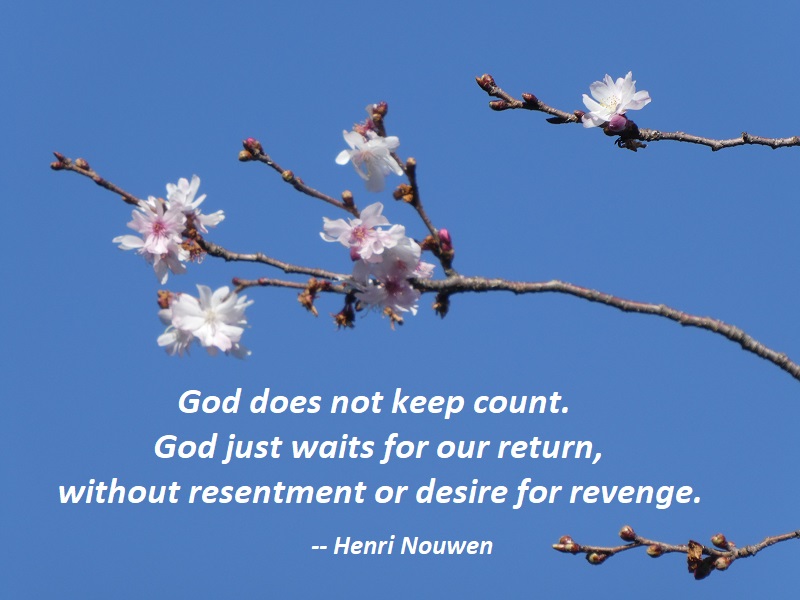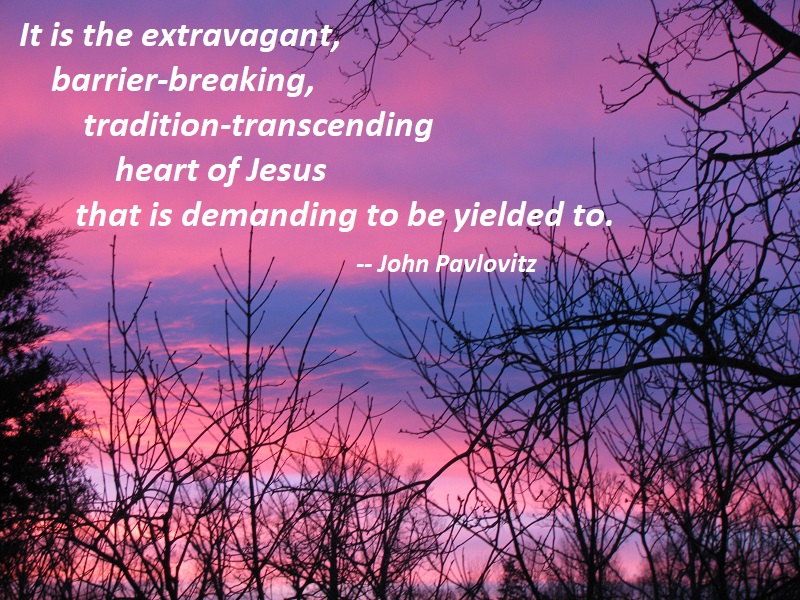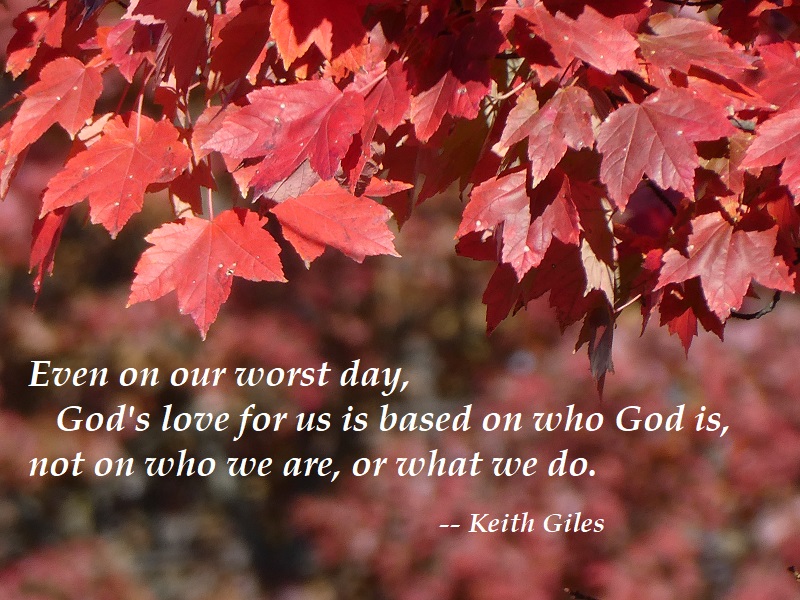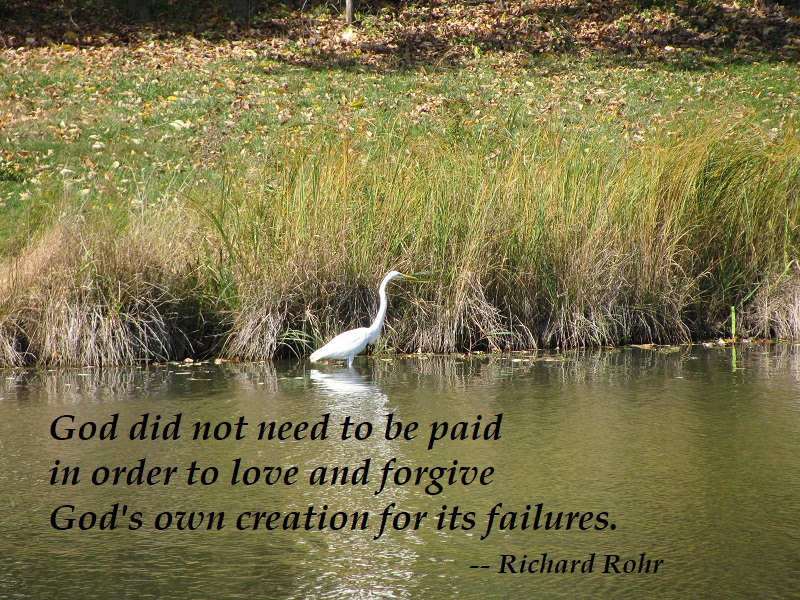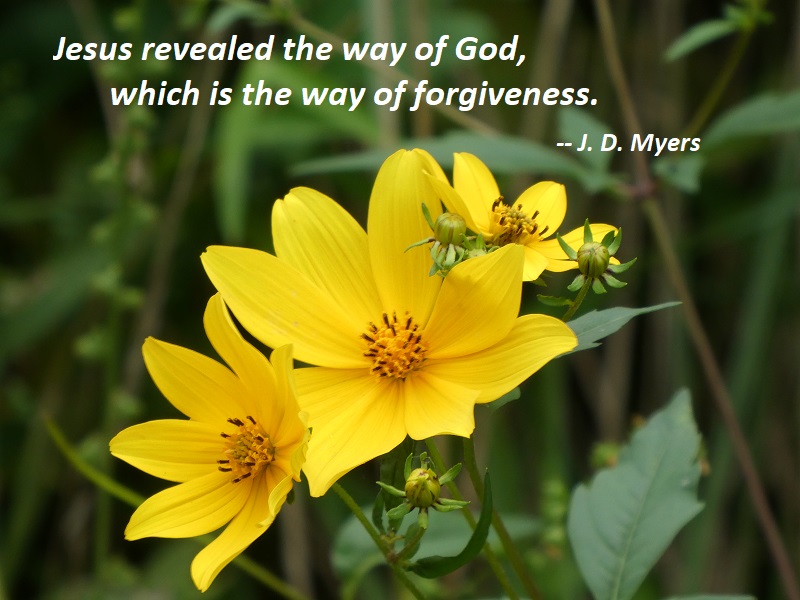
So is the blood of Jesus precious? Yes. Of course! But it is more precious than most of us have ever realized. The blood of Jesus did not pay some sort of debt in the divine bank account for our sin. No, God had already taken care of that through His gracious forgiveness from all eternity. The blood of Jesus is precious because it reveals to us the most important truth of all, which is a truth we could never have seen or understood on our own. The blood of Jesus reveals to us that God does not want or demand blood sacrifice, but that we want and demand it. We require blood to alleviate our own guilt and solve our own problems. But by coming and dying as a scapegoat on the cross, and then rising again and refusing to retaliate, Jesus revealed that there is a different way. Jesus revealed the way of God, which is the way of forgiveness.
While sacrificial violence does bring a temporary peace, it comes at the price of the life of another. Forgiveness, however, brings a better and more lasting peace and one that does not require us to take the life of another, but invites us to unite in love and harmony with one another, just as God in Christ unites with us. How thankful we can be that Jesus suffered and died at our hands and for our bloodthirsty desires, to reveal to us that we do not have to live this way any longer. Like God, we too can love; we too can forgive. Only in this way will the world finally find peace.
Nothing else reveals our sin to us like the violent death of Jesus on the cross. All other sacrificial and scapegoat victims we could justify. They deserved it. They truly were guilty. We were just treating them the way they treated us. But not so with Jesus. He was “sinless” and knew no sin, but we killed Him in God’s name anyway, thereby proving that this is also what we do to others when we feel justified and righteous in killing them. Only the innocent blood of the Lamb of God could reveal this to us and also call us to put an end to it through forgiveness. For of all victims throughout history, only Jesus would have been justified in retaliation and vengeance against those who wrongfully accused and killed Him. But instead He forgave us. This shows that we too can forgive others. We can forgive as we have been forgiven. We can love as we have been loved. The way out of sin is to see how Jesus dealt with our sin against Him. Nothing and nobody else could have so clearly revealed this to us.
— J. D. Myers, Nothing But the Blood of Jesus, p. 264-265
Photo: South Riding, Virginia, September 12, 2020

